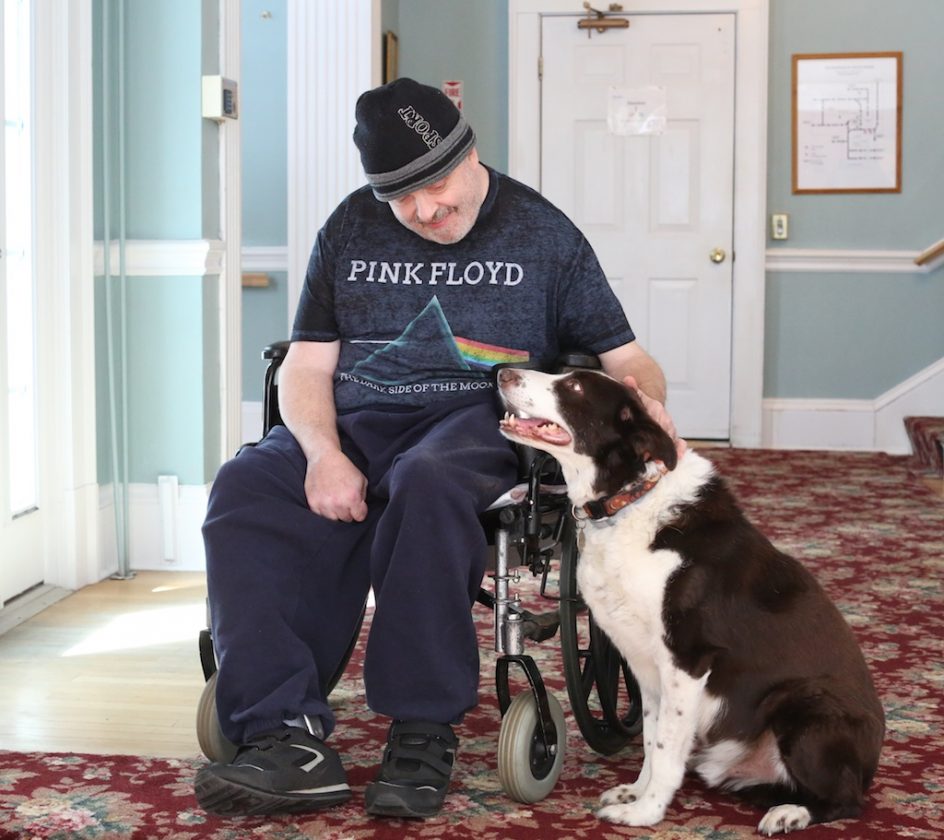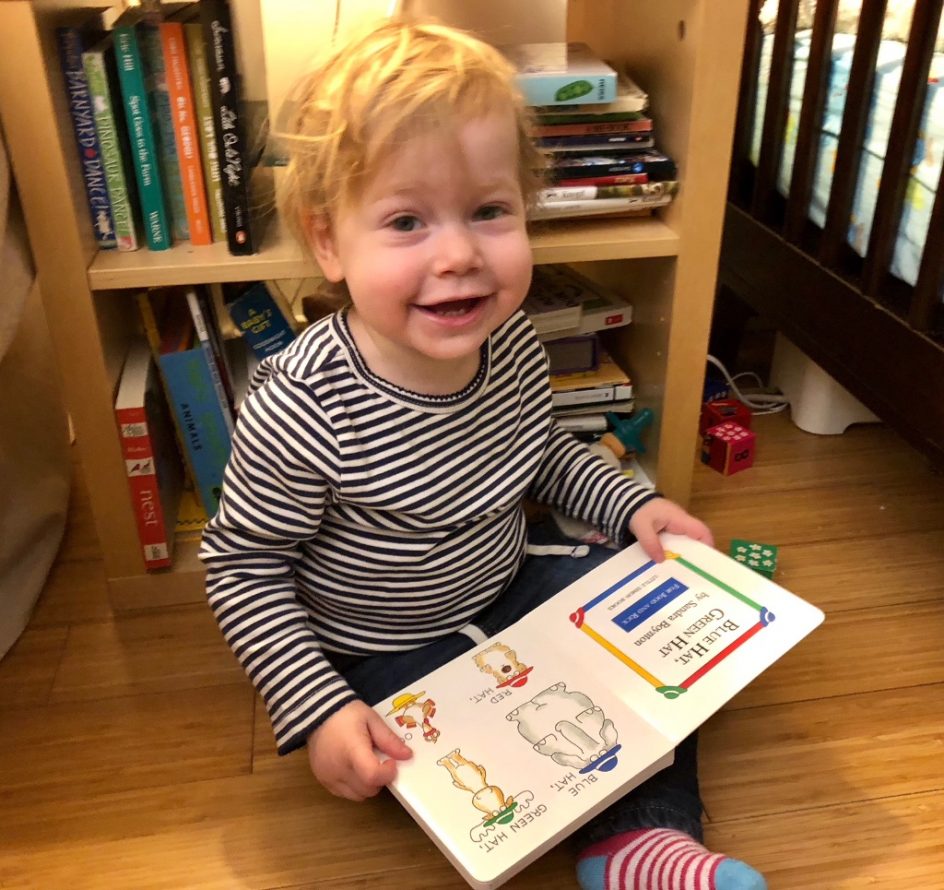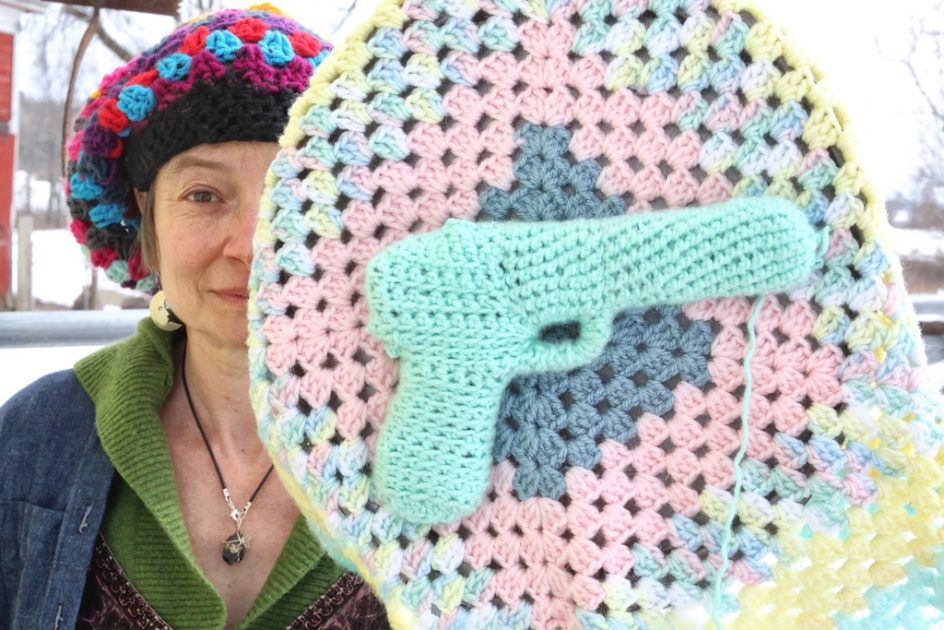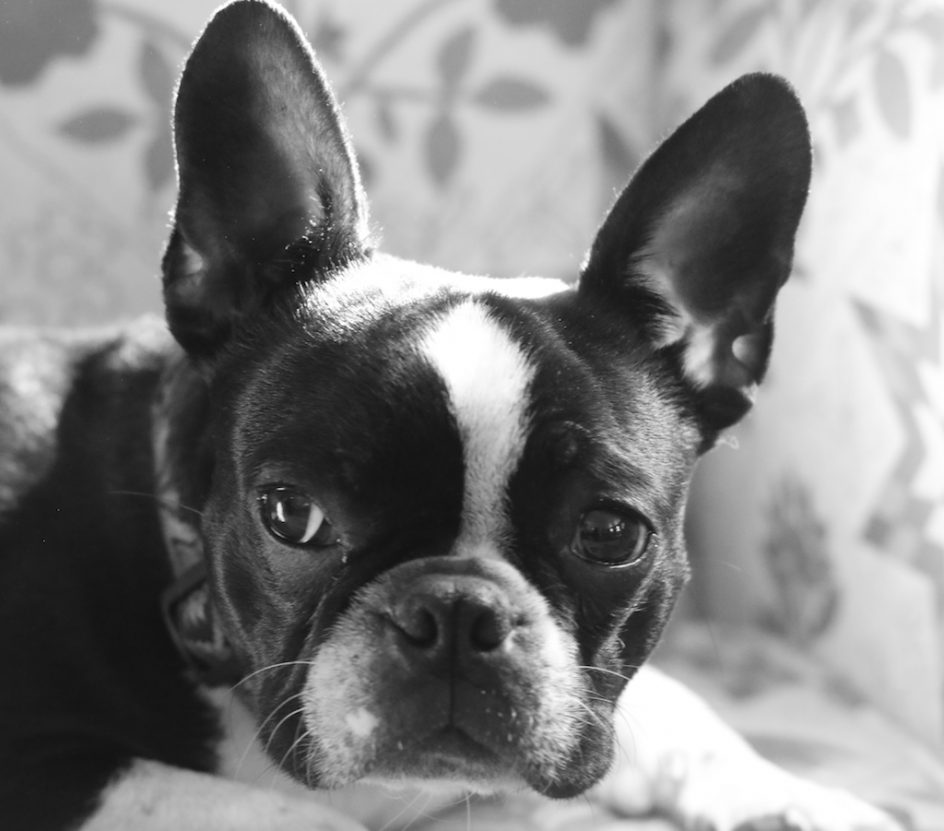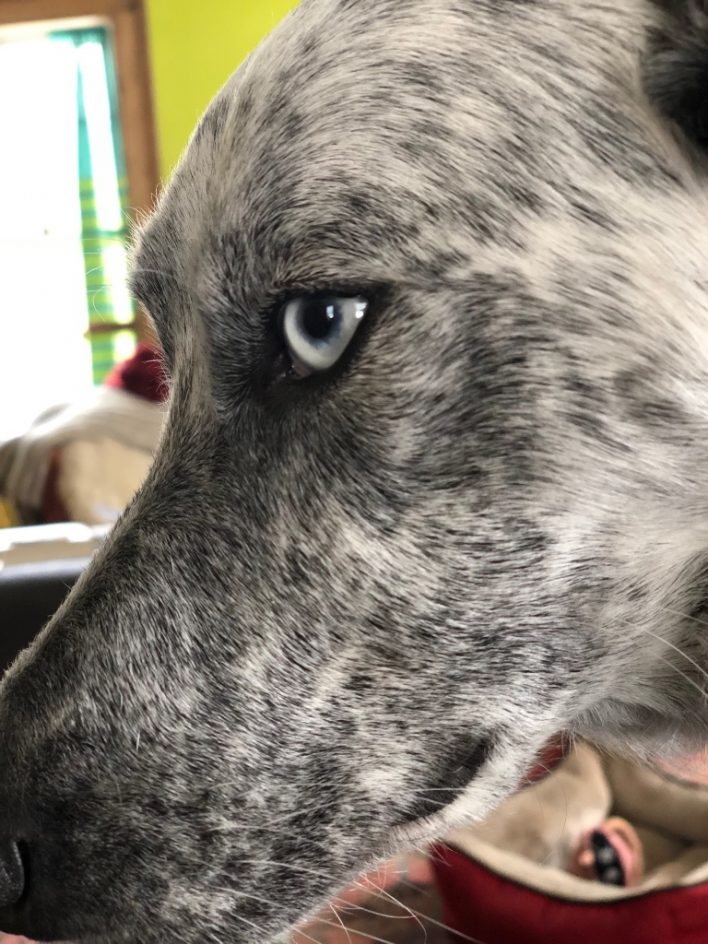
When I wrote about Gus’s death the other day, I got many – hundreds, actually – of messages about my idea of myself as a steward, my belief that my moral responsibility was to consider his welfare about mine, and end his suffering, if I could. I owed him dignity.
I seemed to have struck a deep nerve.
The piece I wrote went viral and many people – hundreds – asked me to write more about the idea of the steward, especially as it relates to animals.
As a steward of dogs and also some people, I plan to write about stewardship theory and how it has entered my life with animals and with dogs especially, but not only dogs. Stewardship is not a theory, it a seminal idea for me and my place in the world. It replaces the agony guilt and anxiety, and even grief.
Stewardship theory also applies in many ways to my work with the refugees and the Mansion residents, and of course. It guides me, drives me informs and clarifies the decisions and choices I have to make.
Lots of us have trouble making choices for pets and dogs in particular. They can’t tell us what they want, so we have to decide, as much as we balk at that power.
As a culture, we have failed to be good stewards for the elderly, we keep them alive, but we often take away their dignity and choice and self-respect. We often fail as stewards for our dogs, acting selfishly for us, rather than for them.
When we make difficult decisions about animals and people, we often feel alone and confused, we are prone to guilt and self-doubt. The steward’s ethos is moral and clear. We support virtue and dignity.
I have been reading about stewardship and studying it for some time, and gradually and slowly living by it. It was so helpful to me in dealing with Gus’s illness and the decision to euthanize him. If the process was painful and difficult, the final decisions were clear.
The idea of the steward is an ancient one. The first stewards were Adam and Eve.
Stewards took care of the business of Kings and merchants, they acted as surrogates, especially by managing property, financial affairs and estates. Stewards often ran the country in the absence of the king. The idea of the steward evolved in early Christian theology, as so many other important ideas did.
When God entrusted the earth to Adam and Eve and their offspring, they became stewards of the earth and its resources, charged with protecting the earth and the environment. The early Christians – and some today – considered themselves stewards of the earth and of the spiritual graces given by faith and by Christ, his life and resurrection.
They committed themselves to advancing the Kingdom of God and the welfare of people.
In recent years, the idea of stewardship has gone beyond any single religion and become a philosophy, a moral and ethical way of caring for children, animals, even businesses.
The doomed expectation God had for Adam and Eve became the secular expectation of the self-appointed stewards outside of religion: to be collective, in that it forms a whole; to respects the purpose for which things exist; and to respect and promote the dignity of each person we encounter.
For example, the steward rejects the idea of ownership. Nothing really belongs to us, not even animals. Everything we have is a temporary possession.
Gus was not mine, he did not exist for me. He was his own self, his own soul, and so I could detach my interests and confusion from his life, and safeguard his welfare, and especially his dignity, with clarity.
As Gus began to starve and was unable to keep food down, and we considered the alternatives many people chose: custom-made chairs that forced him to sit up and eat upright for every meal for varying periods of time, we also observed his discomfort at being upright and spitting up and vomiting so much of his food.
He was always hungry, even ravenous, and the disease began to take over his persona, no matter how much he ate. He was losing himself.
To lose a soul is an awful and degrading thing to me. He was losing his dignity, his ability to live his natural life as a dog. There are much worse things than death, as much as we flee from it.
Gus was uncomfortable so much of the time, and so much of his life was devoted to surviving, I began to see that as a steward I was obliged to consider his dignity and suffering as much as my own desire to keep him alive. i also needed to put aside my own ego – the belief that I could save him. That was about him, not me.
in addition, I have come to embrace the importance of self-respect. In a world where so many people feel free to tell other people what to do, I choose to take responsibility for my decisions. I choose self-respect. I need to satisfy only one person – me. That is what a moral choice is about.
Stewardship asks us to consider the resources and opportunities at our disposal that others do not have. It asks us to take responsibility for helping others, it is collective in that it asks us to find ways in which we can collaborate with others to make our resources – or those we can amass – work for some good.
We should take care of our own needs and keep what we need, but I have a new idea of ownership than I once had.
Very little, if anything, is mine. In the Kabbalah, God often spoke to the prophets about stewardship, he was trusting the people to take care of Mother Earth, and he warned of awful consequences if they failed to protect her and care for her. The people were the stewards of the earth, just as Pope Frances has suggested in his writings about the environment. She is our mother and our sister.
Stewardship is one of the earliest and most powerful spiritual ideas.
Thomas Merton also wrote about the idea of the steward as it related to what he called “Christian Humanism,” a philosophy that seems to have faded amongst some modern-day Christians who have injected themselves into politics and abandoned Christian theology and the teachings of Christ. Christianity is not merely a religious system which attempts to explain evil,” wrote Merton in Love And Living, “it is a life of dynamic love which forgives evil, and through forgiveness, enables love to transform evil into Good.”
When the steward abandons the idea of merciful love, Merton wrote, “there can no longer be any claim to an authentic Christianity.” We discover our true selves in love, he wrote.
I am not a Christian, but the practice and theory of stewardship is especially relevant in the lives of the animals we care for. We practiced merciful love in accepting the spittle and vomit we contended with every day for many weeks as Gus declined. We never made him feel guilty or ashamed.
What are the most basic principles of stewardship?
We do not own people and things. They are only temporarily in our possession.
We are responsible for how we treat people, our animals, the earth.
Stewards are accountable: anyone who manages the life, welfare of profession of another is accountable. We are all stewards of the resources, abilities and opportunities that we have been given, we will all be called to account for how we have treated the things in our care.
There is no reward: The early Christian stewards believed the would be rewarded incompletely in this life, but fully in the next.
My belief is that there is no reward but the act of stewardship itself.
Stewardship is holistic, and includes every area of my life.
A 15th century mystic – he or she’s identity is unknown – wrote that it is the steward’s responsibility to help work for a realm of understanding unity and peace where people communicate with one another, live and die with dignity, and cooperate with one another in being merciful and in feeding the hungry millions, and building a world of peace.
I like everything about stewardship, it fits my life and purpose. If I can’t handle dogma, I can easily embrace this.
I believe it helped my dog to die in dignity, and it helped me to look in the mirror and be proud of what I saw.

